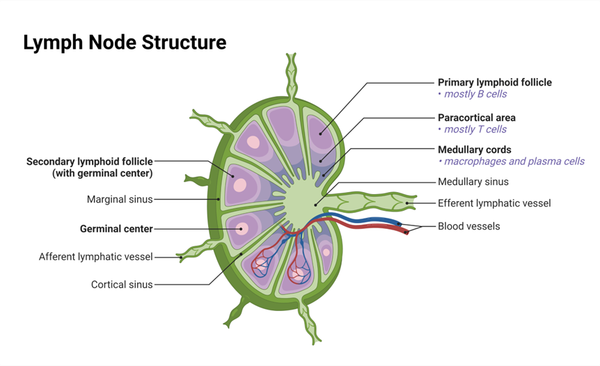-
Home
-
About JCTR
-
Gold Open Access
-
Issues
-
Editorial board
-
Author guidelines
-
Publication fees
-
Online first
-
Special issues
-
News
-
Publication ethics
-
Partners
-
Submit your manuscript
-
Submit your review report
-
Editorial Office
-

This work is licensed under a Creative Commons Attribution-NonCommercial 4.0 International License. ISSN print: 2382-6533 ISSN online: 2424-810X
Volume 8 Issue 3
Artificial intelligence and lymphedema: State of the art
Abdullah S. Eldaly, Francisco R. Avila , Ricardo A. Torres-Guzman, Karla Maita, John P. Garcia, Luiza Palmieri Serrano. Antonio J. Forte*
Eldaly et al. J Clin Transl Res 2022; 8(3):10
Published online: June 1, 2022
Abstract
Background: Lymphedema practice is facing many challenges. Some of these challenges include eradication of tropical lymphedema, preclinical diagnosis of cancer-related lymphedema, and delivery of appropriate individualized care. The past two decades have witnessed an increasing implementation of artificial intelligence in healthcare services. The nature of the challenges facing the lymphedema practice is suitable for artificial intelligence applications.
Aim: To explore the current artificial intelligence applications in lymphedema prevention, diagnosis, and management and investigate the potential future applications.
Methods and results: Four databases were searched: PubMed, Scopus, Web of Science, and EMBASE. We used the Preferred Reporting Items for Systematic Reviews and Meta-Analysis (PRISMA) as our basis of organization. Our analysis showed that several domains of artificial intelligence, including machine learning, fuzzy models, deep learning, and robotics, were successfully implemented in lymphedema practice. Machine learning can guide the eradication campaigns of tropical lymphedema by estimating disease prevalence and mapping the risk areas. Robotic-assisted surgery for gynecological cancer was associated with a lower risk for lower limb lymphedema. Several feasible models were described for the early detection and diagnosis of lymphedema. The proposed models are more accurate, sensitive, and specific than current methods in practice. Machine learning was also used to guide and monitor patients during the rehabilitation exercises.
Conclusion: Artificial intelligence offers a variety of solutions to the most challenging problems in lymphedema practice. Further implementation into the practice can revolutionize many aspects of lymphedema prevention, diagnosis, and management.
Relevance to patients: Lymphedema is a chronic debilitating disease that is affecting millions of patients. Developing new modalities for prevention, early diagnosis, and treatment is critical to improve the outcomes. Artificial intelligence offers a variety of solutions for some of the complexities of lymphedema management. In this systematic review, we summarize and discuss the latest artificial intelligence advances in lymphedema practice.

DOI: http://dx.doi.org/10.18053/jctres.08.202203.010
Author affiliation
Division of Plastic Surgery, Mayo Clinic, Jacksonville, Florida.
*Corresponding Author
Antonio J. Forte
Division of Plastic Surgery, Mayo Clinic, 4500 San Pablo Rd, Jacksonville, FL 32224
Tel: 904-953-2073
Email: ajvforte@yahoo.com.br
Handling editor:
Michal Heger
Department of Pharmaceutics, Utrecht University, the Netherlands
Department of Pharmaceutics, Jiaxing University Medical College, Zhejiang, China

